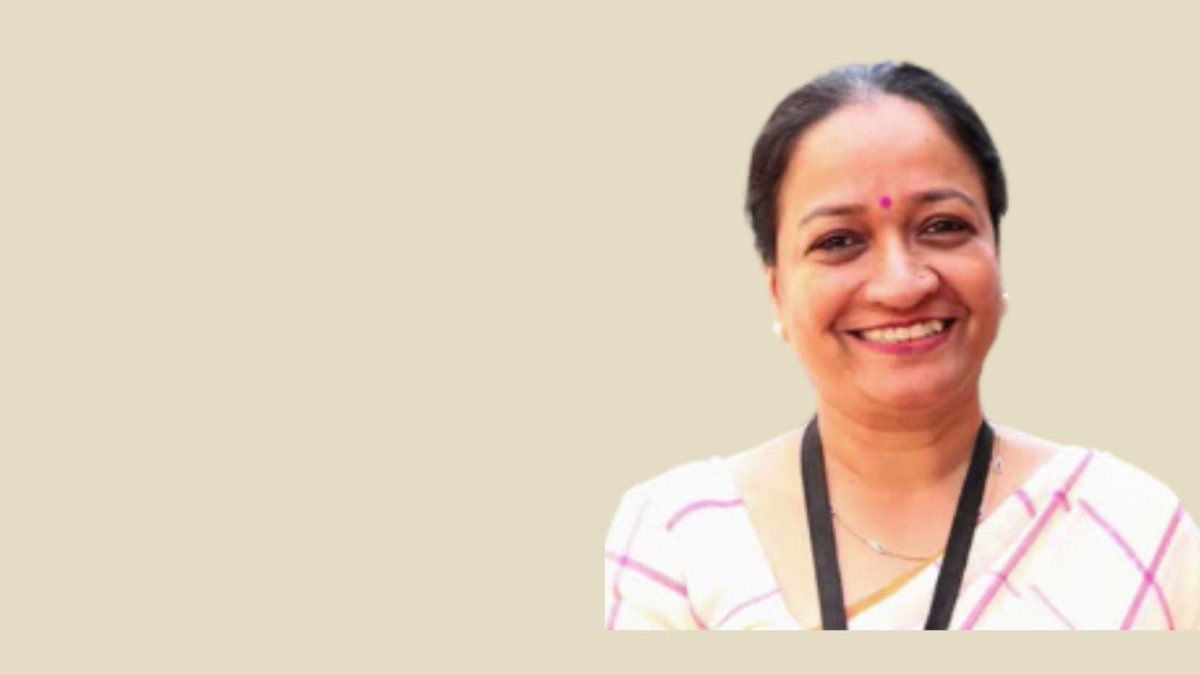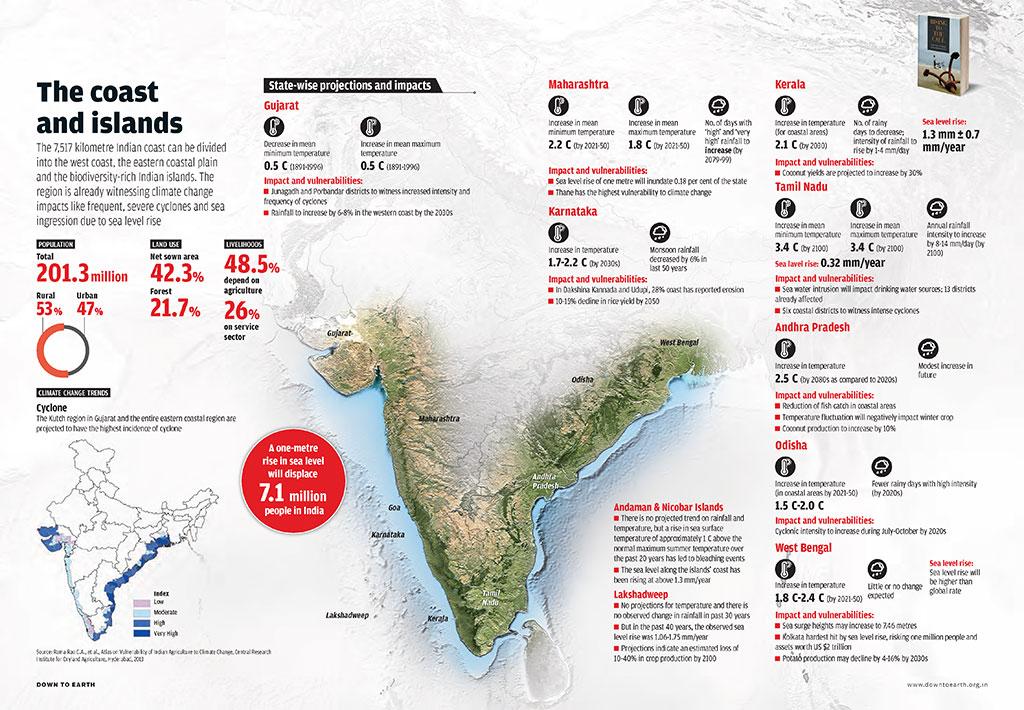Anish P
11:59
12:00
12:01
12:06
12:06
12:08
12:10
12:12
12:12
12:14
12:17
12:17
12:19
12:21
12:23
12:24
12:26
12:29
12:29
12:31
12:35
12:41
12:41
12:46
12:52
12:53
12:55
12:57
12:59
1:01
1:03
1:06
1:09
1:12
1:12
1:15
Connecting…









